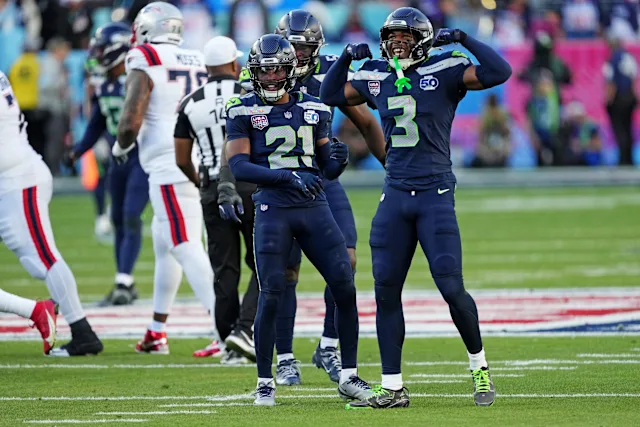
Courtesy of Target
Target, Walmart, and Amazon have recently been accused of reversing their diversity, equity, and inclusion (DEI) initiatives. These programs were intended to promote representation and opportunities for marginalized groups but have been reduced or eliminated due to political pressure and changing corporate priorities.
The decision to dismantle these initiatives has caused a backlash, especially from Black-owned brands and entrepreneurs who have benefited from them. Tabitha Brown, a beloved actress, author, and entrepreneur, advises consumers to consider the potential negative consequences of boycotting these retailers.
Target, a prominent retailer that announced cuts to its DEI programs, had previously committed to hiring and promoting more women and members of racial minority groups.
In addition to obtaining products from diverse suppliers, such as businesses owned by people of color, women, LGBTQ+ individuals, veterans, and those with disabilities, many minority-owned companies are now in a precarious position due to the scaled-back initiatives at Walmart, Amazon, and other major corporations in recent months.
Tabitha Brown, who sells her vegan food line, Tabitha Brown’s Plant Based, at Target, posted on Instagram to address the issue. In a 10-minute video, Brown stated that while she comprehends the frustration and anger surrounding the DEI rollbacks, boycotting these retailers could negatively impact the communities they were meant to support.
“It’s been hard for Black-owned businesses to hit shelves, which is why it’s such a big deal when we finally do. So don’t let frustration lead us to separation or allow foolishness to erase us. Numbers don’t lie—our presence and our dollars matter.”
Brown’s message was echoed by other Black-owned brand owners selling products in major retailers. Melissa Butler, founder and CEO of The Lip Bar, a vegan makeup brand, and Chantel Powell, founder and CEO of Play Pits, an all-natural deodorant for children, also shared their concerns on social media.
Both entrepreneurs pointed out that boycotts could significantly impact minority-owned businesses, which frequently depend on partnerships with large retailers to reach a larger audience.
“It’s for women-owned, minority-owned, and Black-owned businesses—those who work tirelessly to get into retail and finally be seen and approved.”
It’s been challenging for Black-owned businesses to hit shelves, which is why it’s a big deal when we do. It’s heartbreaking to feel unsupported, but I do business with Target, Walmart, and Amazon, selling Donna’s Recipe hair care products and seasonings. If we all decide to boycott, it impacts us too.”
Black-owned businesses are already facing significant challenges due to the DEI rollbacks. In 2023, the National Bureau of Economic Research reported that Black entrepreneurs are more likely to receive less funding and be denied loans. The COVID-19 pandemic had a significant impact on Black-owned businesses, with many struggling to stay afloat amid economic uncertainty.
Partnerships with major retailers have been crucial for many of these businesses, providing them access to a broader customer base and increased visibility. The scaling down of DEI initiatives has the potential to undo the progress made in recent years. Without these programs, minority-owned brands may have difficulty securing shelf space and competing with larger, more established companies.
Tabitha Brown and other Black-owned brand owners advocate for a more subtle approach to activism as the debate over DEI initiatives persists. Their approach is not to boycott retailers but to support minority-owned businesses directly by purchasing their products, sharing their stories on social media, or advocating for their inclusion in significant retail spaces.
Tabitha Brown, Melissa Butler, and Chantel Powell’s voices remind us of the importance of supporting marginalized communities despite corporate backtracking on DEI commitments. Although the road ahead may be challenging, their perseverance and resolve give hope for a more inclusive and equitable future.
[[Anthony L. McKnight II]] also known as Krispy was Born in Rochester, NY attending the “School Of The Arts” Class of 2009. He graduated with a Regents Arts diploma while studying Creative Writing and other arts. He recently became the founder of the Los Angeles Lakers Fan Club on Clubhouse. His club has hosted several celebrity interviews inside the fan club, from names such as Robert Horry, Gloria James, Mark Medina, Jovan Buha. His favorite hobby is spending a day out in nature, favorite sports basketball & football.







